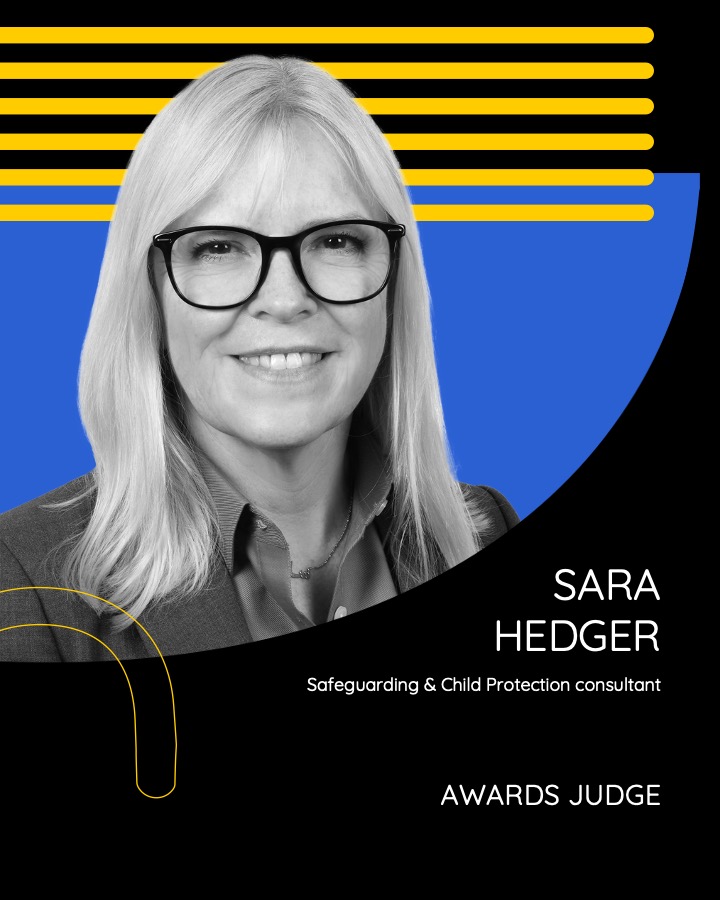The impact of verbal abuse on our children
Today is World Mental Health Day, where all of us are reminded to look at ourselves and others and focus on our wellbeing.
But as we all wake up to the importance of our mental health, evidenced by the rising need for help around the globe, where do those struggles come from? What are the factors which increase our likelihood to face challenges?
Well, one 2021 study published in the journal JAMA Psychiatry found that people who experienced four or more types of childhood trauma were 30 times more likely to have mental health problems than those who did not experience any trauma.
So on World Mental Health Day we at mentl wanted to focus not only on today, but on tomorrow, and the day after that, and the year after that. On our children’s mental health.
Sara Hedger, an educational consultant and safeguarding specialist, today shines a spotlight on the relationship between verbal abuse and the impact it has on young minds. Sara is also a judge for ‘the mentl awards 2023’

This week, I came across a newly published study in the journal, Child Abuse and Neglect (yes, I read this stuff!) Verbal abuse, like shouting, screaming, and swearing at children, can be just as harmful as physical abuse.
Whilst that statement may seem obvious, sometimes a piece of research reaches the popular press and benefits from sharing, and debating so we can raise the volume (pardon the pun.)
Some academics believe that humans developed the power of speech to communicate even when you can’t see someone. Shouting loudly to warn someone out of sight of an impending woolly mammoth is probably quite useful and is still helpful today to warn a child not to touch a hot pan or run into the road. Those moments are hopefully fleeting and bonds between a parent and child are re-made once the shock of the warning has worn off.
“Stupid”, “useless”, “unwanted”
If we understand therefore, that how we say something matters, e.g. our tone and volume, it is what we say that can be most damaging. Children can be remarkably forgiving and often try to make sense of mistreatment, even excusing it. I have worked with vulnerable children and families most of my professional life and can attest to the power of words. When children are repeatedly told hurtful things like they are “stupid,” “useless,” or “unwanted,” they start believing it. I have seen first-hand, children crippled by the power of words, affecting their psychological, physical, and academic health and performance.
Parenting and working with children can be stressful, and shouting at them when they misbehave is a common response as the adults become dis-regulated and our own emotions overtake our rational responses. However, using words to intimidate children into behaving does not work and we know through decades of research, and now, this research review, the potential for long-term impact on children. This may include low self-esteem, substance abuse, emotional and physical disorders, relationship difficulties and a whole host of associated disorders and mental health challenges, which affect the development of healthy well-adjusted adults.
Children’s brains are not capable of distinguishing the intention behind what we say until they are much older. Therefore, whether we intended something as a joke or were being ironic or sarcastic unfortunately may get absorbed into how they see themselves and how they think others see them.
Children look to the trusted adults around them to learn about social interaction and how the world works. Children look to us to show them what is right and wrong, they watch what we say and how we behave. Their environment should reflect what we would like to see in them, otherwise how can we get upset when they misbehave? When we resort to verbal abuse, it is us who have failed, not the child. Parents, teachers, and caregivers play a significant role in shaping children’s self-perception, so being mindful of the power of positive affirmation is essential in tackling this.
No one is saying that children should not be corrected when they make mistakes or poor choices. How we do that, however, matters greatly. Children respond well to consistent boundaries and positive reinforcement. This can be challenging for stressed adults, but supporting parents and those who work with children in establishing and maintaining these approaches may be the key to reducing verbal abuse.
Teachers understand the value of praise and the magic that happens when you are trying to get a class of 30 children quiet and suddenly you pick a child who is already quiet and thank them. Silence rolls through the class and transforms it into a place of calm. Some children prefer quiet praise, the note on the desk, a look from the teacher that says well done etc. and some like to be in the spotlight. Ultimately it is the act of noticing that is important and catching them being good that makes the difference.
